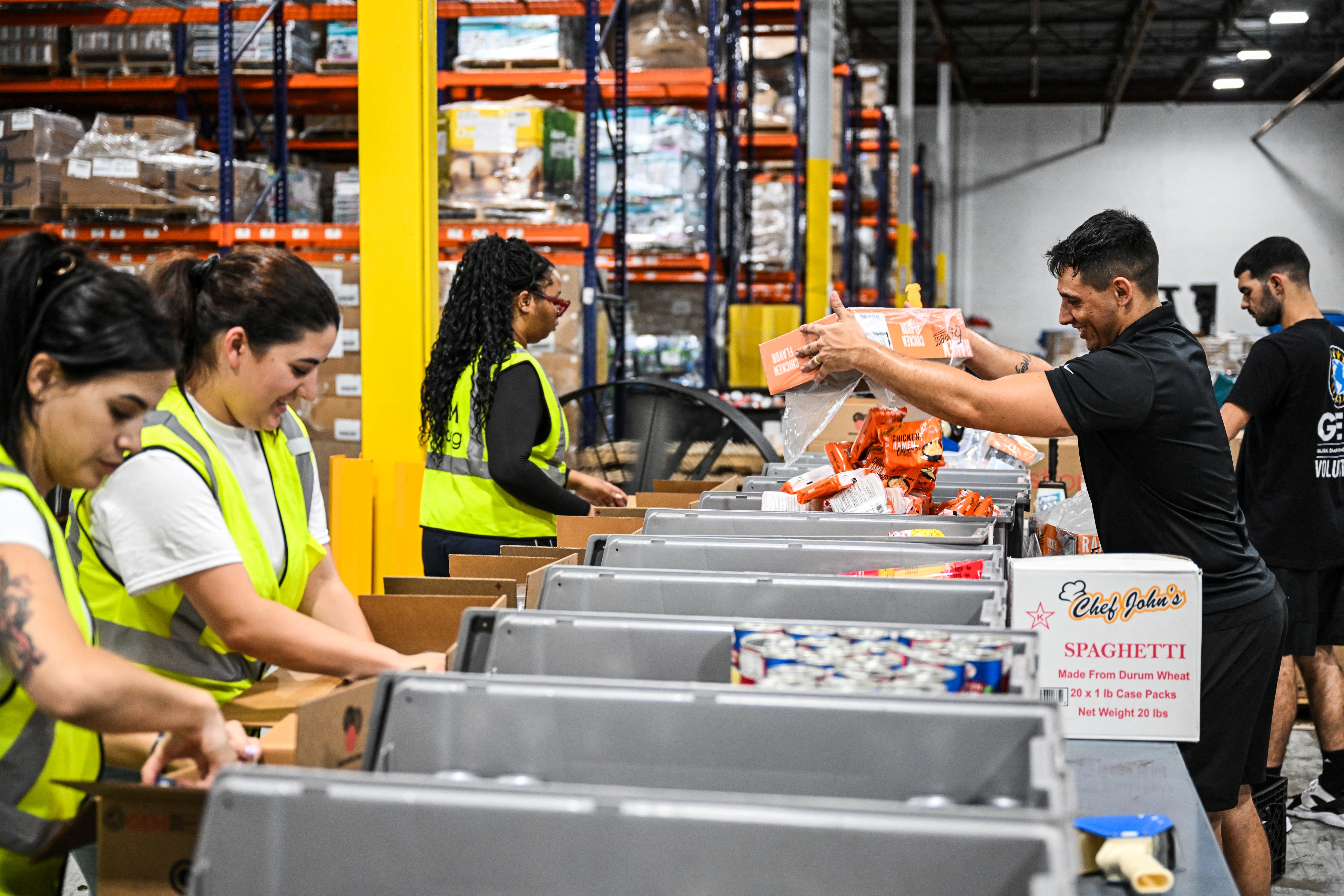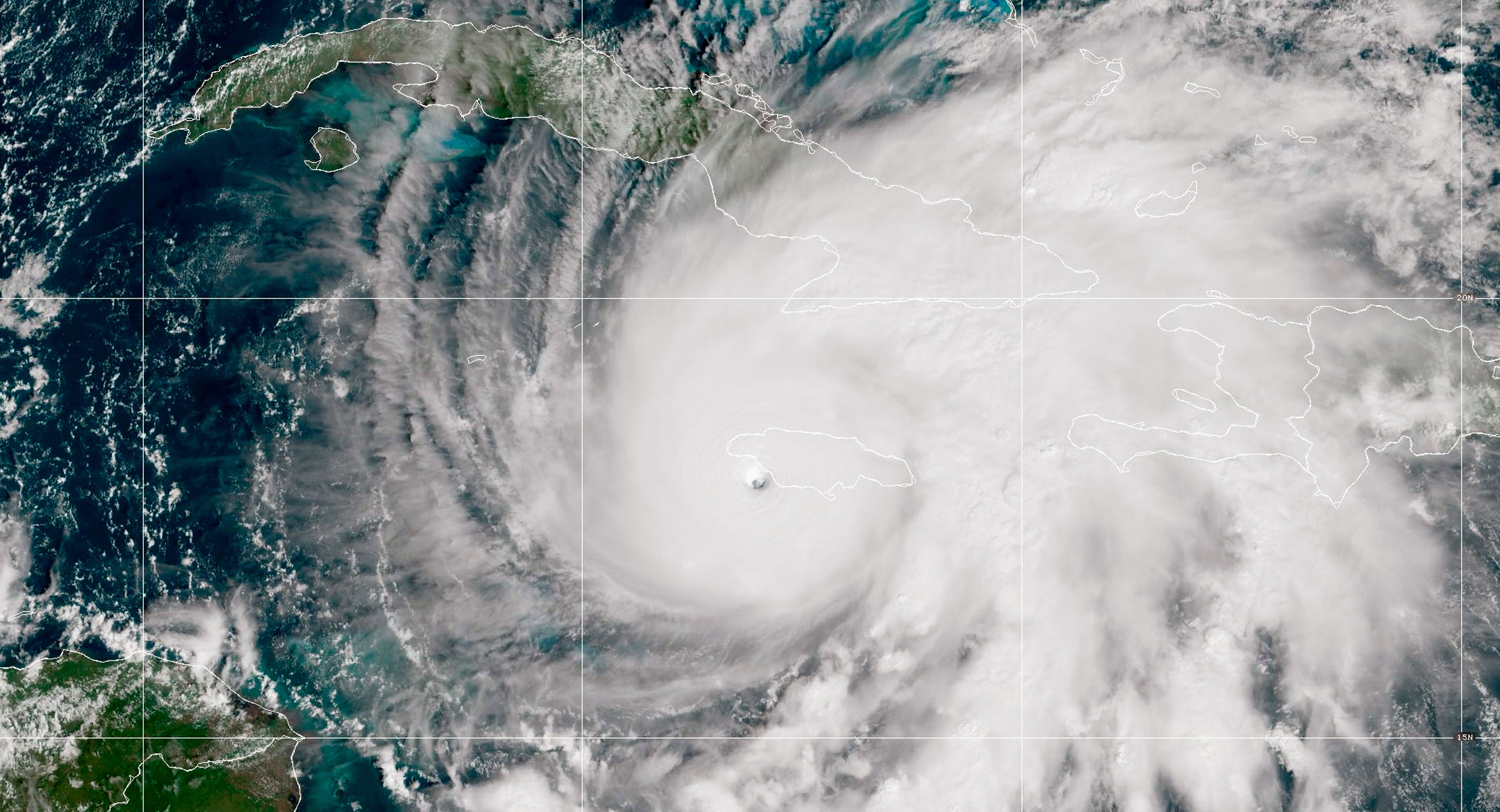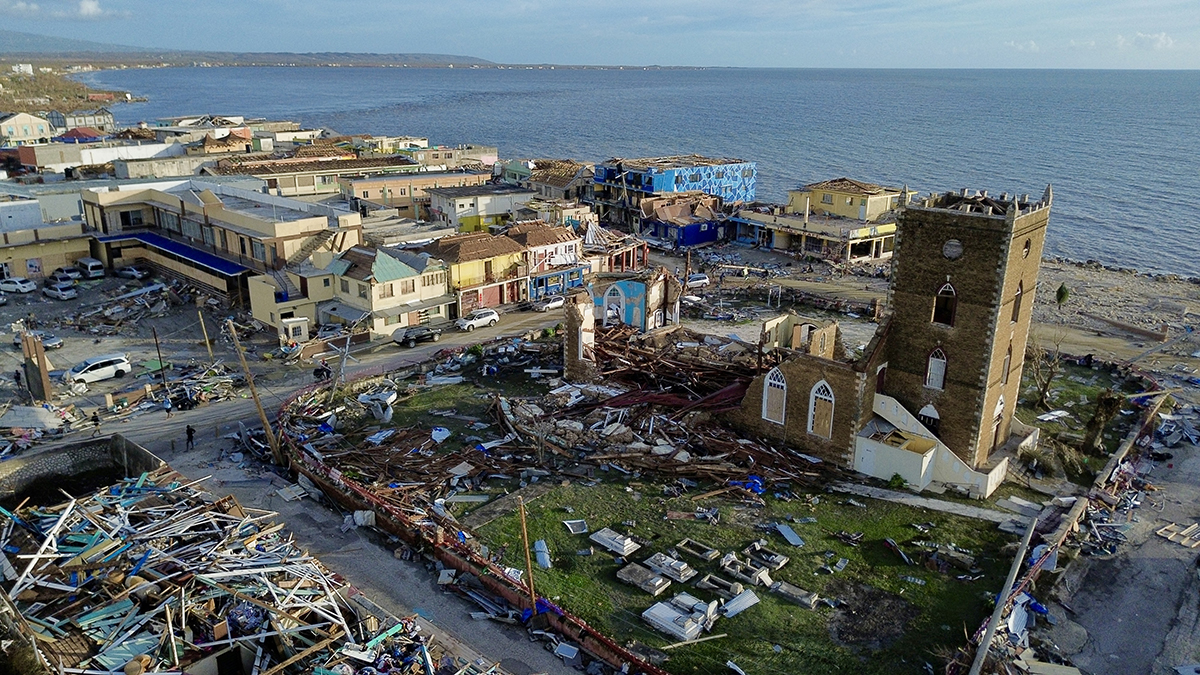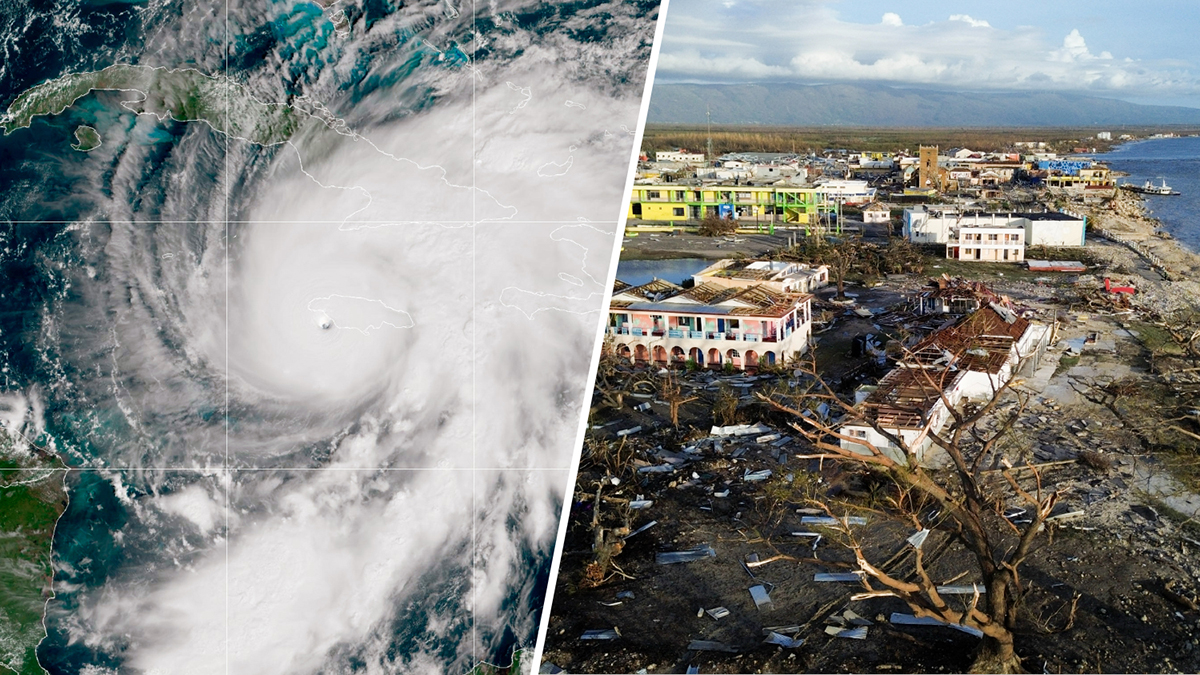In the days since Hurricane Melissa ripped through the Caribbean, we’re getting a clearer understanding of both the destruction and desperation the deadly storm has caused.
In Jamaica, locals are calling the seaside town of Black River, the capital of St. Elizabeth Parish, “ground zero.”
The road to Black River is paved with signs of devastation ahead. An NBC6 crew drove under power lines and pushed through floodwaters to come upon what fisherman Walter Scott James described as a “bombing,” and the “wickedest thing,” he’d seen in his 63 years.
“Me experience Gilbert, me experience Ivan, all them little petty storms,” he said.
But the destruction of those systems paled in comparison to Melissa, the strongest hurricane to ever make landfall in Jamaica, and among the strongest to make landfall in the Atlantic basin.
Meanwhile, the death toll continues to climb. Since NBC6 has been in Black River, the bodies of three people have been brought to Jamaica Constabulary Force, because the neighbors have been inaccessible for days.
From the air, the scale of the damage is astounding.
It’s been five days since Melissa roared through. Some are patching what’s left, and others have nothing left but the land where their homes once stood.
For many, the hardest part is getting help.
Derick Dixon calls his wooden boar a lifeline. His home is surrounded by floodwater, and rowing is his only way out.
He said he tries to get food, even if it’s just a little bag, but on Sunday, he turned up empty handed.
“For the last five days things is very rough for children, grandchildren, and even myself,” he said.
Trying to find food or water has been a challenge.
“It kinda frustrating bad, you understand. I can only hope the government can step up and send out some help for everybody,” he said.
And aid is on the way.
The United States announced that it was sending eight helicopters filled with relief. NBC6 cameras spotted some of them, but in St. Elizabeth, where every community is suffering, it may not be fast enough.
Dixon said he’s heard that food aid is coming.
“Maybe tomorrow,” he said. “Tomorrow Monday will be a better day for us.”

Want more insights? Join Working Title - our career elevating newsletter and get the future of work delivered weekly.




